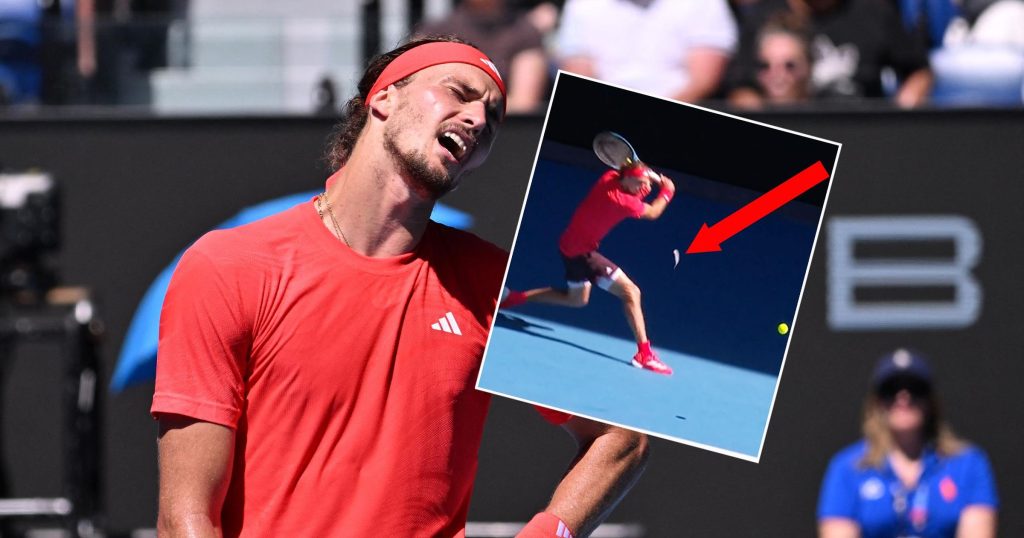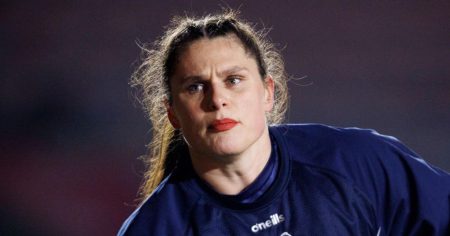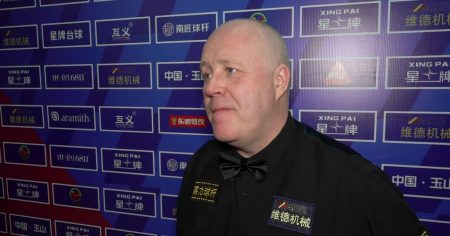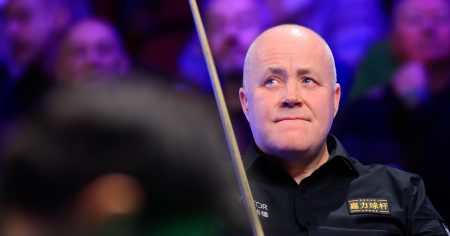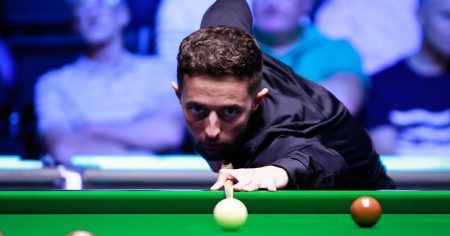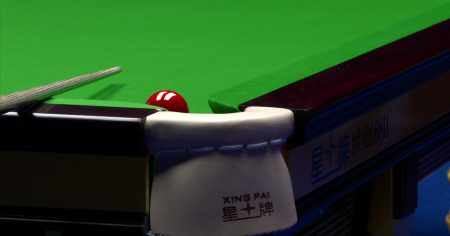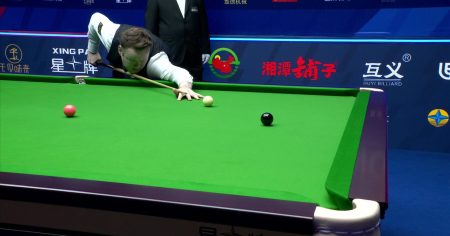The quarter-final clash between Alexander Zverev and Tommy Paul at the Australian Open witnessed an unusual interruption when a descending feather prompted the chair umpire to call a let mid-rally. This seemingly trivial incident sparked a heated debate between Zverev and the umpire, Nacho Forcadell, adding an unexpected layer of drama to the high-stakes match. Occurring in the second set with Paul serving at 4-2 and deuce, the feather’s descent coincided with Zverev’s backhand swing, leading to the controversial let call.
Zverev, visibly frustrated by the interruption, questioned the umpire’s decision, arguing that a feather hardly constituted a significant hindrance. He pointed to the numerous other feathers present on the court, emphasizing the absurdity of halting play for such a minor occurrence. The commentators, Miles Maclagan and Chris Bradnam, acknowledged the unusual nature of the interruption, with Maclagan expressing sympathy for Zverev, particularly given the crucial stage of the match. They even humorously referenced Rufus, the hawk employed at Wimbledon to deter pigeons, highlighting the contrasting approaches to dealing with airborne interferences.
Forcadell attempted to explain the rule requiring a let when an object falls onto the court during a point, but Zverev remained unconvinced. He maintained that the feather had no impact on the rally and questioned the necessity of the stoppage. This interruption, while momentarily disruptive, ultimately did not sway the match’s outcome. Zverev recovered from the brief setback, eventually winning the second set and the match in four sets, 7-6(1), 7-6(0), 2-6, 6-1.
The feather incident, while seemingly insignificant in the grand scheme of the match, underscored the intricacies and sometimes debatable nature of tennis rules. Zverev’s frustration stemmed from the interruption occurring at a critical juncture in the match, potentially disrupting his momentum. The umpire’s adherence to the rule, while technically correct, sparked a debate about the practicality and common-sense application of regulations in such unique circumstances.
In his post-match press conference, Zverev further elaborated on his frustration, reiterating his belief that the feather did not constitute a legitimate hindrance. He emphasized the feather’s lightweight nature and its negligible impact on the ball’s trajectory or bounce. He also expressed annoyance at receiving a warning following his exchange with the umpire, highlighting the compounding effect of the incident on his emotional state. The seemingly inconsequential feather incident thus became a talking point, raising questions about the balance between strict adherence to rules and situational judgment in professional tennis.
The “feathergate” incident, as it might be dubbed, injected a moment of unexpected levity into an otherwise intense quarter-final encounter. While ultimately not impacting the result, it served as a reminder of the unpredictable nature of live sports and the potential for even the smallest of interferences to spark controversy. Zverev, despite the momentary frustration, moved on to the semi-finals, where he would face the winner of the highly anticipated match between Novak Djokovic and Carlos Alcaraz. The feather incident, though quickly overshadowed by the upcoming semi-final clash, remained a curious anecdote from the Australian Open, highlighting the occasional absurdity that can arise within the highly structured world of professional tennis.




